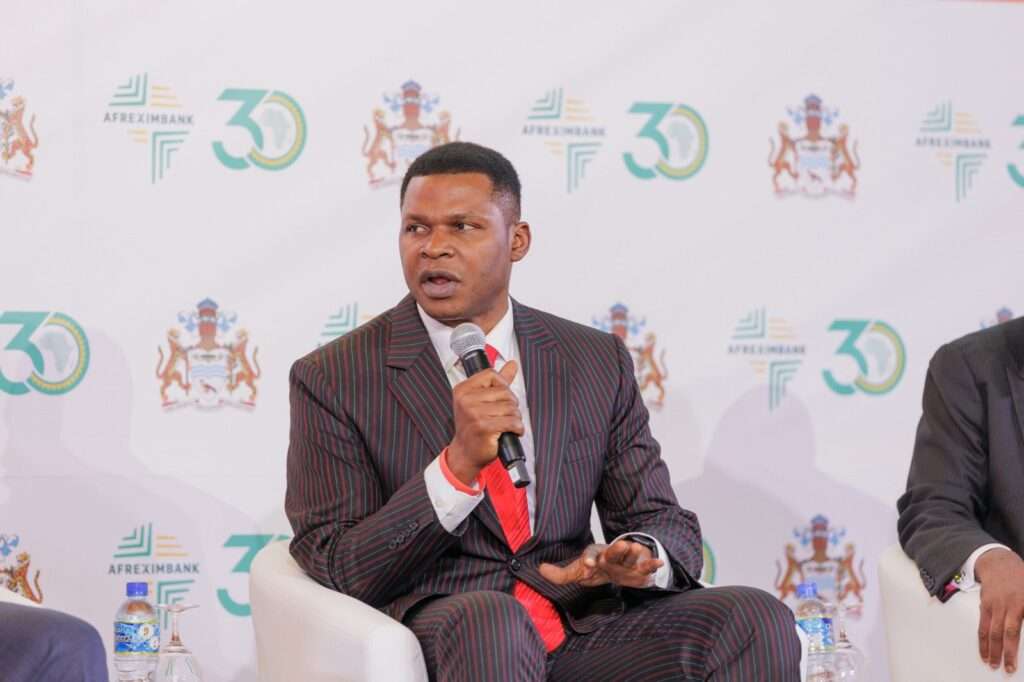Nigerian energy firm Green Energy International Limited (GEIL) has marked a historic milestone with the successful commissioning of the Otakikpo onshore terminal, the first indigenous onshore oil terminal built in Nigeria in five decades.
Situated in Oil Mining Lease (OML) 11 near Port Harcourt, the facility began operations in June 2025, following the successful lifting of its first crude cargo.
This achievement represents a turning point for Nigeria’s upstream sector, particularly for marginal field operators, and aligns with national efforts to enhance oil production and reduce reliance on costly infrastructure.
“GEIL is setting a strong benchmark for other independent operators in Nigeria.
“This project highlights the pivotal role that indigenous energy companies can play in building domestic capacity and advancing national energy security.”
NJ Ayuk, Executive Chairman of the African Energy Chamber (AEC)
According to GEIL, the Otakikpo terminal was developed in just two years, finishing six months ahead of schedule.
Construction began in February 2023, with major progress on storage and pipeline infrastructure made by February 2024. By March 2025, the terminal began injecting crude, with initial production from the Otakikpo marginal field averaging 5,000 barrels per day (bpd).

Regulatory approval has since been granted for GEIL to ramp up production to 30,000 bpd, under a revised field development plan.
In June, a chartered Shell vessel transported the maiden cargo to the terminal, marking the beginning of streamlined and cost-effective crude exports from Nigeria’s southeastern basin.
The terminal itself is a state-of-the-art facility with a storage capacity of 750,000 barrels. Plans are underway to increase storage capacity to three million barrels – dependent on market demands.
The terminal is designed with an export capacity of 360,000 bpd, with crude transported via a 23-km, 20-inch pipeline connected to a single point mooring system in the Atlantic Ocean.
Prior to the terminal’s construction, GEIL relied on barges and offshore floating stations, incurring higher transport and operational costs. With the terminal now in place, operational costs are expected to fall by up to 40%.
Unlocking the Potential of Marginal Fields

The strategic importance of the Otakikpo terminal goes beyond GEIL’s immediate operations. The facility is designed to accommodate third-party crude, with the capacity to process up to 250,000 bpd from more than 40 marginal fields across the OML 11 region and beyond.
This is a critical step toward fulfilling Nigeria’s ambition to reach 2 million bpd production, with marginal fields playing a central role.
“The Otakikpo terminal enables previously stranded crude to be monetized efficiently.
“It removes a key bottleneck in Nigeria’s production system—export infrastructure—and provides a platform for local operators to scale operations without massive upfront investment in logistics.”
NJ Ayuk, Executive Chairman of the African Energy Chamber (AEC)
Nigeria’s focus on marginal fields has intensified since the launch of a 2020 bidding round, which saw 591 companies compete for 57 oilfields. Eventually, 161 firms—mostly indigenous—were shortlisted, marking a policy shift toward domestic ownership and development.

The Petroleum Industry Act (PIA), passed in 2021, provided improved fiscal terms for marginal field development, including tax incentives and streamlined licensing processes.
These reforms have since reinvigorated investment interest, particularly from local independents and smaller international players.
As Nigeria continues to seek sustainable solutions to stabilize oil production, the Otakikpo onshore terminal stands out as a model for replicable success.
It promises not only to reduce logistics costs but also to enhance export reliability and reduce reliance on offshore floating storage, which has traditionally increased exposure to environmental and operational risks.
GEIL’s initiative also reinforces Nigeria’s commitment to energy sector transformation through public-private collaboration, local content promotion, and infrastructure-led growth.
READ ALSO: Cedi to Remain Stable Against Major Currencies- Finance Minister Assures Ghanaians























